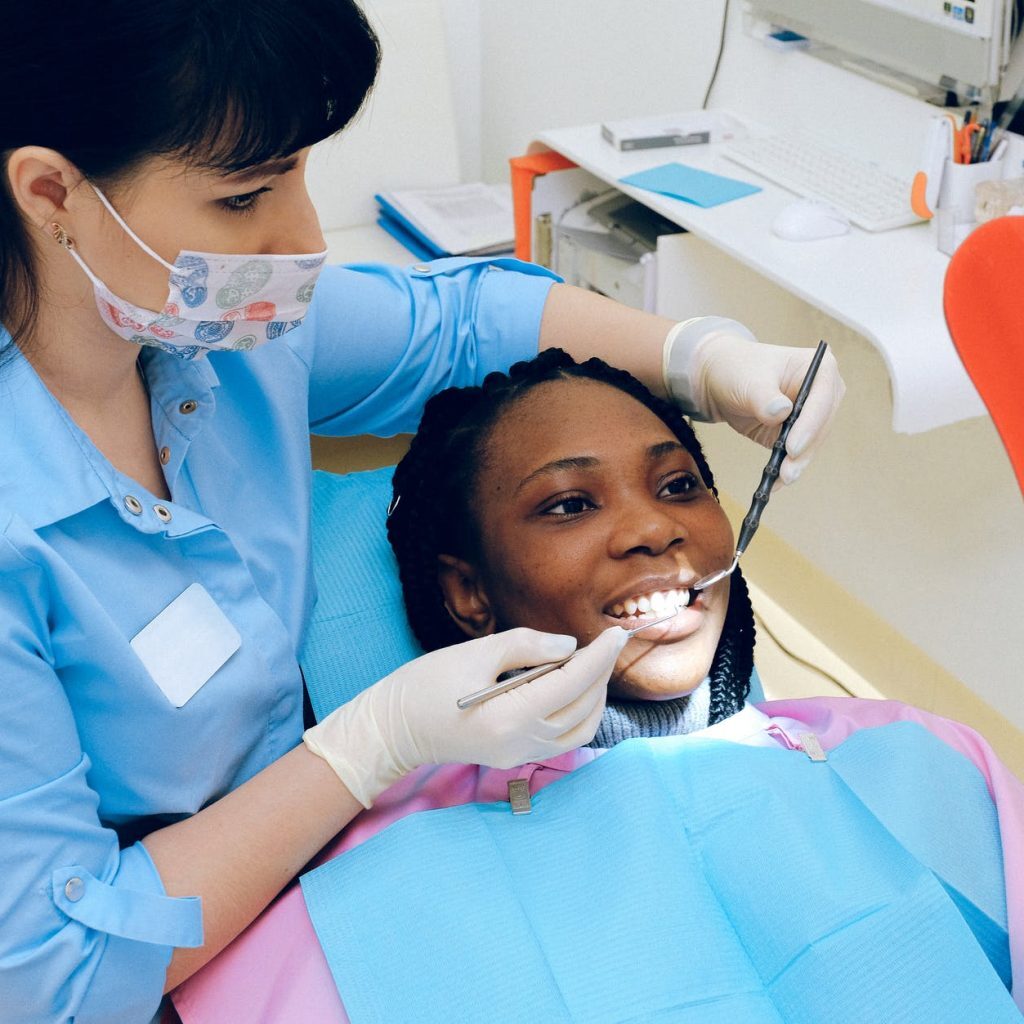
Photo by Anna Shvets on <a href="https://www.pexels.com/photo/woman-having-dental-check-up-3845653/" rel="nofollow">Pexels.com</a>
The dental care program in Canada will cover approximately 6.5 million people, settling dental care fees for individuals who are making less than $90,000 annually, according to The Conversation. Prime Minister Justin Trudeau revealed plans to create a national dental care program that would cater to the needs of low-income earners in Canada. This program is arguably the most significant healthcare initiative established since the supply and confidence agreement of the flows from the Liberal-NDP and Canadian Medicare.
This program will cover children aged 12 years and below starting this year. Then, it will expand in 2023, targeting those under 18 years, people living with disabilities, and seniors. By 2025, the program will be implemented fully. The billion dollar question among most Canadians is, will dental healthcare be under federal control? Other concerns that were raised regarding this initiative include availability of funds, how the program aligns with other existing programs, and how dental care services be provided. Read on to understand dental service provision in Canada.
Dental Services in Public Health Centers
There are many community health services that offer specialised dental treatment services. All you need to do is find out if these services are available in your area. To do that, you need to call the community information center. Alternatively, you can visit the nearest public healthcare in your region.
Most government healthcare facilities provide different types of dental services, including emergency dental care. Typically, patients in great pain because of a broken tooth or other oral disorder can get access to treatment anytime, even after office hours and during weekends and holidays, but at an extra fee. In other cities, dental health care is accessible at no cost to a specific demographic. For example, in Ontario, children and seniors receive dental treatment for free.
Dental Care Delivery in Private Clinics
Most people in Canada receive dental care services, such as teeth whitening, tooth extraction, dental implants, cosmetic fillings, and veneers from private dental clinics. While there are many private dental clinics, finding one that fits your needs can be challenging. To increase your chances of selecting the right private dental clinic, do your due diligence.
For instance, let’s say you’re looking for a dentist to cater to your family’s oral healthcare needs. Find out what other patients have to say about the clinic, consider the location, services they offer, and charges. This tactic helps you in choosing reputable family dentists. You want to be sure your dentist offers quality and affordable services, emergency services during the weekends, and accepts insurance.
Colleges and Universities
As odd as it may sound, you can receive dental care services in colleges and universities. Institutions that teach dentistry offer various dental procedures performed by students. Dental students perform services like teeth extractions, cosmetic fillings, dental implants, braces, veneers, and teeth whitening under the supervision of professional dentists and instructors. However, there are requirements you must meet to be eligible for dental services offered in universities and colleges. This includes paying a fee, but expect it to be much lower than the amount that you would pay a licensed dental practitioner.
Maintaining good oral health is important for your overall well being. Unfortunately, many people don’t have access to dental care services because they cannot afford it. For this reason, the Canadian government launched a national dental care program that covers dental services for low income earners. If you’re eligible for this program, you can receive dental services in privately owned clinics, public healthcare centers, and dental colleges.









